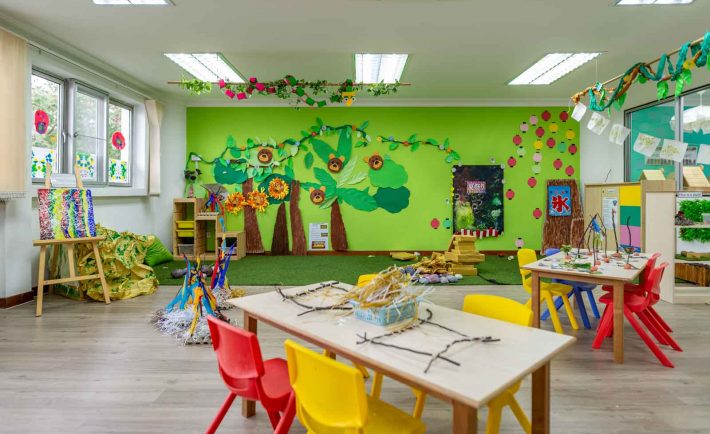Can you feel the magic in the air? It is whimsical breeze of the holiday season. As the year ends, you have to prepare for countless family gatherings and reunions. While there is no way to completely escape the stressful and awkward situations brought by these parties, there are things you can do to deal with these situations more effectively.
Slow down and relax – it will be over eventually. With that firmly in mind, you will be able to tackle any other situation. Enhance your coping skills by knowing what toxic behaviors are.
Toxic behaviors are unpleasant and unsupportive behaviors, which include people who are being manipulative, judgmental, controlling, and self-centered. Common traits of toxic people, according to licensed clinical social worker Sharon Martin, include:
a. Not showing concern for your feelings, needs, or rights
b. Acting harsh and critical
c. Calling you names
d. Violating your boundaries over and over
e. Refusing to compromise with you on anything
f. Acting entitled
g. Always having to be right
h. Feeling the rules don’t apply to them
i. Making unfair demands on you
j. Not taking responsibility for their actions
k. Blaming others for their mistakes or flaws
l. Rarely saying they’re sorry for something
m. Wild mood and behavior swings, and sessions of rage
n. Lying and/or guilting you to get their way
o. Manipulating you to get to control or take advantage of you and others to get what they want
When you encounter toxic behaviors during family gatherings, remember that you do not always have to agree with these people.
#1: RESPECT EACH OTHER’S OPINION
You do not always have to agree with your family. Family can be your main source of comfort and strength, but it can also be a source of stress. It is not your responsibility to agree with all the beliefs, political views, and other sentiments of your relatives. There is no rule that says that you must have a good relationship with everyone in your family. You have to accept that.
#2: SET CLEAR BOUNDARIES
Toxic people are not motivated to change their behavior. Instead of aiming to change their ways, set your boundaries to protect yourself. For instance, you can politely decline a call request if your sibling continues to curse at you on the phone. State your needs and feelings directly.
#3: DEVELOP A ROBUST SENSE OF SELF
People who fail to develop a strong sense of self usually depend on what others say or do not say. These people rely on the presence of others, especially in the presence of family. Observe yourself. Do you manage the anxiety of everyone in your family instead of your own?

Image Credits: pixabay.com
Look inside yourself to manage your feelings and behaviors. Ignoring your own needs results in anxiety and discomfort whenever you are surrounded by multiple family members at once.
#4: KEEP YOUR DISTANCE
To limit the amount of personal information you share, you can emotionally and physically distance yourself. Say your aunt mocks you and makes sarcastic comments about your weight. This is your cue to share as little as possible with her in the future, especially when it comes to your fitness journey.
You do not have to answer private questions too! You can reply by saying: “I would rather not talk about it”.
#5: FOCUS ON THINGS YOU CAN CONTROL
Do not waste your energy on things or scenarios that you cannot control. Instead, devote your energy to tasks and actions that are within your power. Begin the process of healing or restoration.
#6: SWITCH THE TABLES
Turn the question around to make them feel the burn. In many cases, the most awkward questions can be defused by answering the question with another question. Let them answer their own question or at least provide them with a few hints about what they want to hear from you.

Image Credits: unsplash.com









